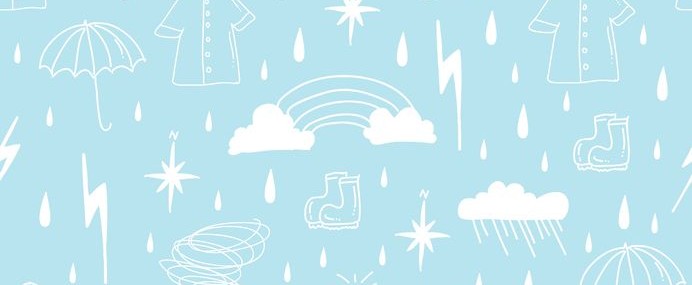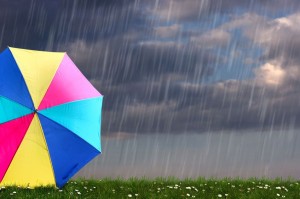
Stay Safe During Monsoon
After the scorching summer, one of the seasons which everyone looks forward to is monsoons. But, the rains also bring along a large number of health problems. There are numerous reports of dengue, typhoid and other infections in the papers! Reduced immunity which makes one’s body prone to the diseases is associated with monsoons. There is also a high risk of infections, allergies, flu during monsoons. There is a lot of moisture on the ground and in the air during the monsoons. The moisture and the damp conditions let the germs to multiply and survive longer. There is a higher chance of the germs infecting you and your family.
Stagnant water in monsoons is the perfect breeding grounds for germs and micro organisms. Stagnant water is the reason for the flies and mosquitoes to multiply and spread the germs which causes infections.
Here are some tips which can help you to take care of your health during monsoons:
a. Have more of warm beverages like soups and herbal teas. Adding ginger, cinnamon, cardamom, mint and basil to your tea can give you relief from cold.
b. When consuming non vegetarian foods, choose stews, soups rather than the heavy and rich curries.
How to avoid infections and contamination through food during monsoons –
1. It is essential to drink water which is boiled and cooled as most of the diseases are water borne. There is a high risk of contamination of water during monsoons due to open sewage, garbage and water logging. It is advisable to keep a water bottle handy wherever you go.
2. Before you consume the vegetables and fruits, wash it really well as there is a greater risk of contamination.
3. Avoid eating raw vegetables and fruits if they are peeled or pre-cut or kept in the open.
4. Opt for steamed vegetables and sauteed/stir fried vegetable salads instead of raw vegetable salads.
5. It is safer to avoid eating green leafy vegetables during monsoons as they absorb moisture quickly and this can lead to bacterial growth and for germs to thrive. If you are consuming cabbage, cauliflower, leafy vegetables wash them in salt water and make sure you blanch them thoroughly.
6. During monsoons, it is better to avoid eating out especially street food like golas, kulfis, fried snacks, and chaats as they can be contaminated and can lead to infections.
7.When buying packed ice creams, ensure the expiry date and the package freshness. Many times during monsoons, power outages are frequent, when ice creams thaw out in the freezers. Refrozen ice creams are a breeding ground for bacteria and fungus. It is better to avoid ice creams if freshness of the same is uncertain.
Have a healthy and safe monsoon by following these guidelines!
All things healthy, safe and delicious is now available at Calorie Care, a one stop destination for nutritiously balanced meals. Select from carefully crafted menus to meet all your health needs during monsoons and after. Visit caloriecare.com for more.




